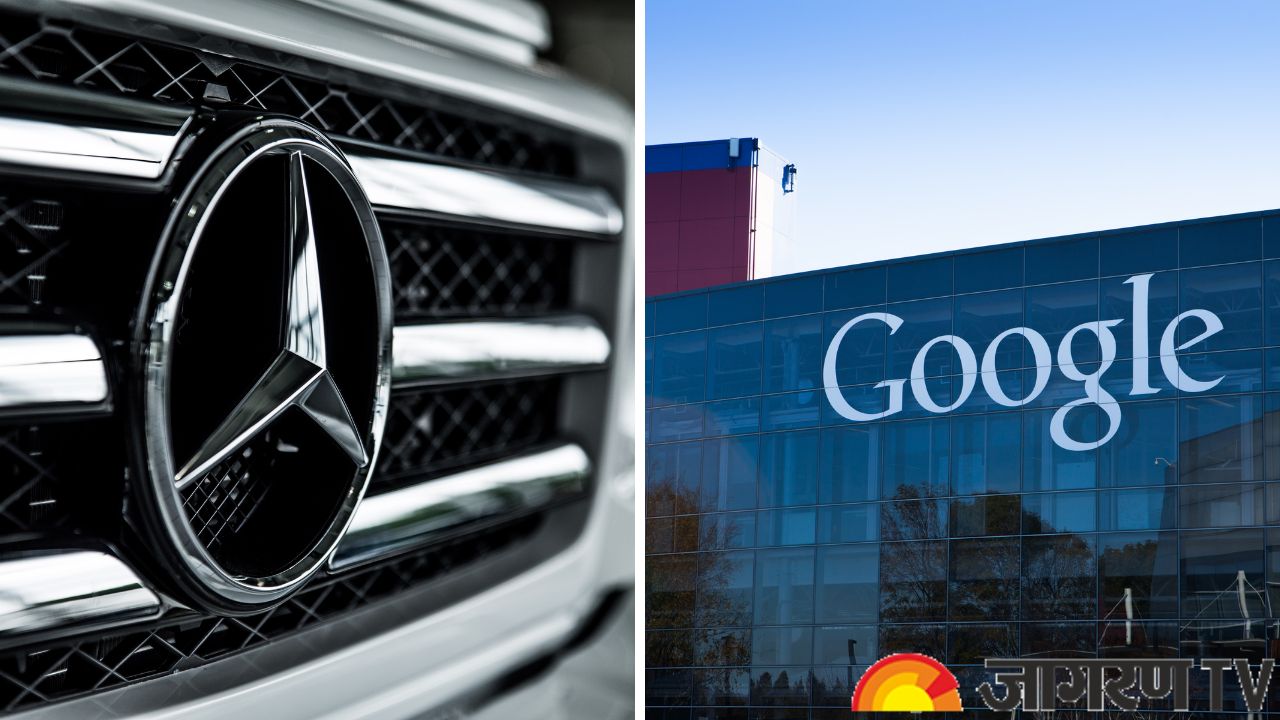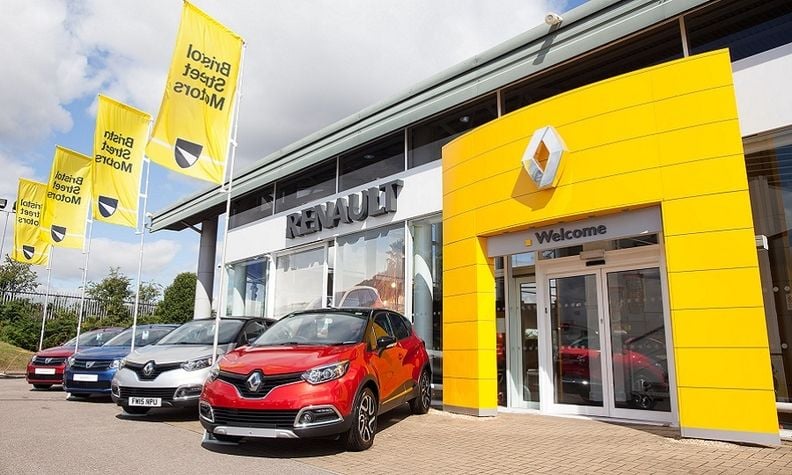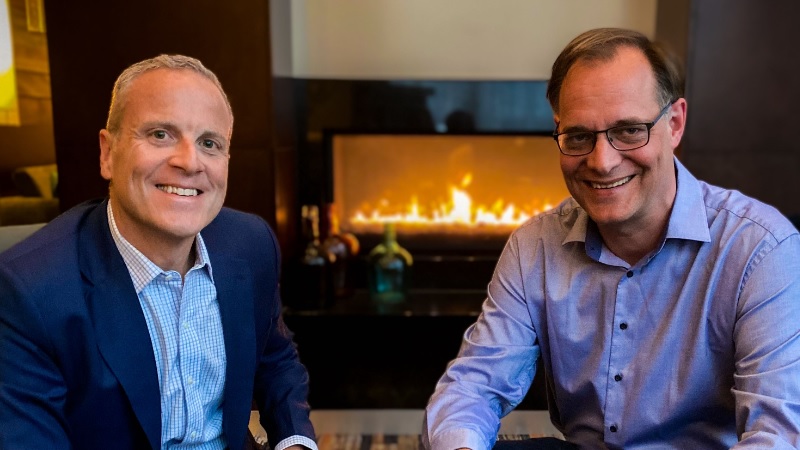Hartung is charged with steering Bosch through a range of short-term challenges, such as a semiconductor shortage, war in Ukraine and the potential for a recession, while also ensuring that Bosch remains an industry leader as vehicles electrify and become more automated.
Last month, Bosch pledged $3 billion in investment in more of its own microchip production, research and support activity.
Hartung spoke with Automotive News Staff Reporter John Irwin at the supplier’s new semiconductor plant in Dresden. Here are edited excerpts.
As Bosch invests billions of euros in its semiconductor business, does it plan to supply more chips to other companies, including supplier competitors?
Most of the investments have been made to fulfill our own demand. But in some areas, we do direct sales of semiconductors — especially in the area of micro-electromechanical sensors. We’re a big player in the MEMS market, and that goes not only to automotive but into wide-scale consumer electronics. We invest in MEMS because it has huge potential, not only in automotive but for consumers. Still, for most semiconductors, we buy. Other people produce for us. It varies by segment.
Bosch is also investing heavily in hydrogen fuel cell technology, even though it’s a relatively niche product. When do you see those investments paying off?
With electrification, we saw a big move happening that more and more car manufacturers are engaging in building platforms for it. But then came the question: “OK, you have the electrified drivetrain, but as you go to the heavier trucks, how is that going to work? How many tons should the battery weigh?”
More and more, you were seeing manufacturers clearly starting initiatives on hydrogen because that is the path for heavy, long-range trucks to become CO2-free. So we started on fuel cell systems.
We saw there were a whole bunch of components linked to it — not just the stack and the system, but also some very technically challenging components. And we like those kinds of things. This is what we’re good at.
Your question is about speed. We’ll have to see. On hydrogen, we know that you’ll see a lot more vehicles with it, but the question is what share is it going to reach and how fast will it go there? That’s still an open question. But I think since it’s a CO2-free technology, it will be used. I’m a big fan of any CO2-free technology.
As Bosch adapts to emerging technologies, how different will the company look in the future?
In 15-20 years, this will be a different company, definitely. There will be different product ranges, and new engine technologies will be much further down the road. There will be way more software engineers. There will be way more computational power in each vehicle, so there will be much more software. And that means completely different setups of teams and collaboration models.
We will probably have other partnerships on top of that. We will work with more semiconductor companies and work more with software companies and platform companies. Our partnership system will probably explode.
And we will probably have to play much more locally. We will have stronger local footprints in the United States, in China, in Europe, and also be able to serve customers in these different regions because they will have different demands.
Original Article: https://europe.autonews.com/suppliers/bosch-will-be-different-company-15-20-years-ceo-hartung-says



